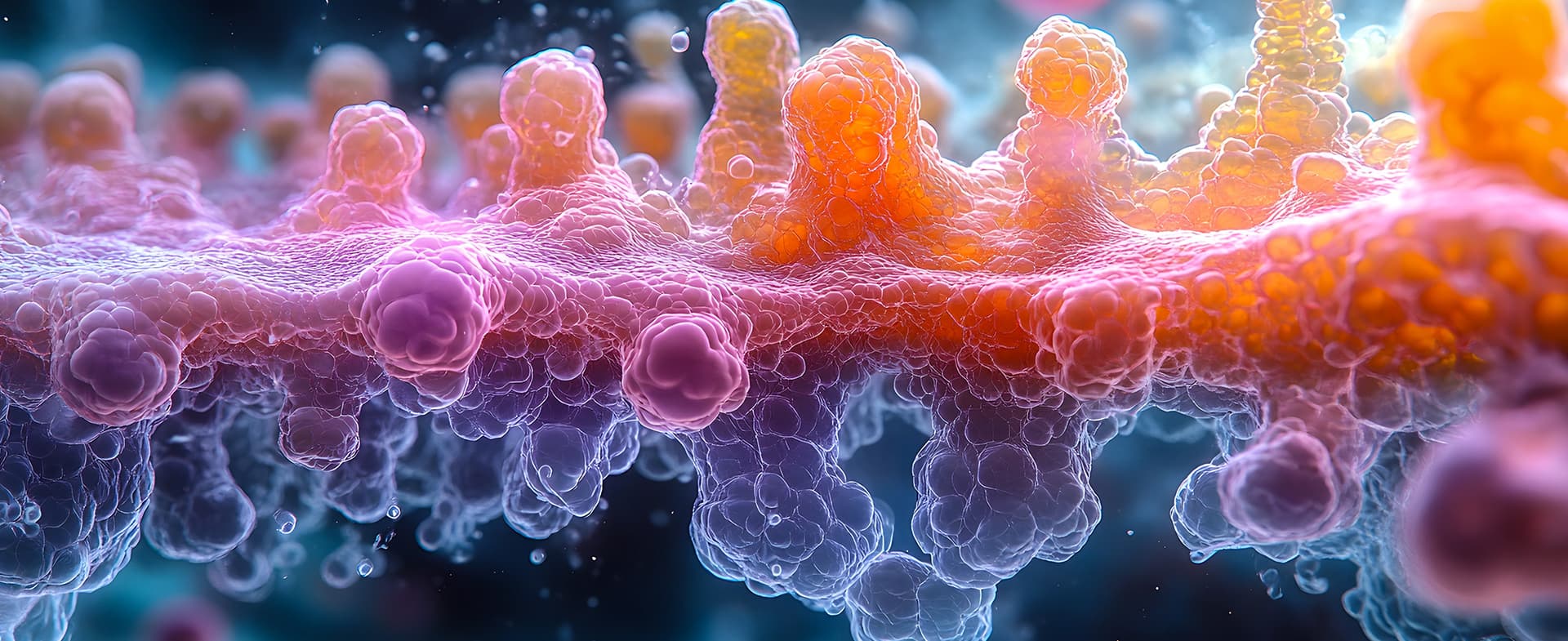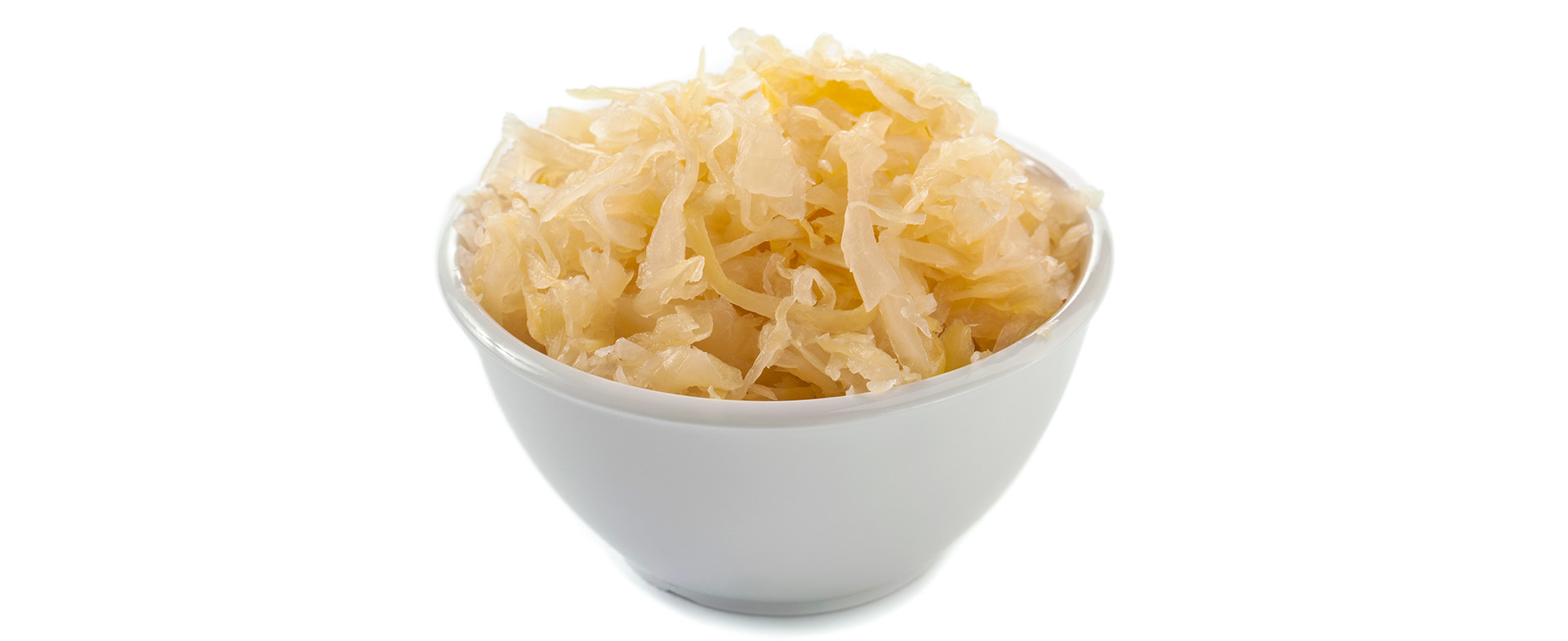
Restore Gut Strength, Feel Awesome
Feeling terrible physically or mentally? It's probably a gut issue. Here's why and how to fix it.
"If there's one thing to know about the human body, it's this: the human body has a ringmaster. This ringmaster controls your digestion, your immunity, your brain, your weight, your health, and even your happiness. This ringmaster is the gut." – Nancy Mure, PhD
That's a strong statement, and it's absolutely accurate. What happens if the ringmaster of your body is compromised? Lots of nasty things. Here's how you could feel:
- Exhausted and sluggish (even with enough sleep)
- Anxious, depressed, and irritable
- Achy (stiff joints)
- Itchy (rashes, acne)
- Sick (always catching colds)
- Headachy
- Bloated, gassy, and crampy
You might even be diagnosed with something: bowel and digestive problems, celiac disease, food allergies, leaky gut, autoimmune disease, various metabolic problems, mental health issues (depression or anxiety), chronic fatigue, and nutrient deficiencies.
"All disease begins in the gut," Hippocrates said. He was onto something, even way back in 400 BCE. But how could such a wide variety of problems stem from your gut?

Your Gut Barrier and Tight Junction Proteins
All of the issues above can be caused or exacerbated by a compromised gut barrier. In simple terms, it's all about intestinal permeability: a "leaky gut" allows harmful substances – pathogens, toxins, and other stuff – to pass from the gut lumen into the bloodstream.
Of course, intestinal permeability is essential for nutrient absorption. The gut's epithelial lining, particularly in the small intestine, is designed to allow selective permeability, enabling the uptake of nutrients (amino acids, sugars, fatty acids, vitamins, and minerals) into the bloodstream or lymphatic system. The problems occur when this "border wall" in your gut allows everything to pass through unchecked.
What causes this open-border policy? Dysfunctional tight junction proteins.
As the name implies, this family of proteins regulates permeability. They form a selective seal between adjacent epithelial cells in the gut, controlling the passage of ions, water, nutrients, and pathogens while preventing harmful substances from crossing the intestinal lining. Think of them as your gut's border patrol.
What causes tight junction proteins to malfunction? Inflammation, stress, high-sugar diets, alcohol, overgrowth of harmful bacteria, viruses, gluten (for some people), NSAIDs like ibuprofen, heavy metals, pesticides, certain nutrient deficiencies, and more.

Restoring Tight Junction Function and Gut Barrier Health
First, avoid the obvious stuff: processed junk foods, excess sugar and alcohol, bad fats, stress, possibly gluten, dehydration, and other things that promote inflammation, gut barrier damage, and dysbiosis. Second, add the good stuff: prebiotics, fiber, fermented foods, glutamine, zinc and vitamin D supplements, and anti-inflammatory foods (omega-3s from fish, polyphenols from berries, etc.).
A recent study points to one big player in gut barrier health: fermented cabbage. Sauerkraut was shown to restore gut barrier strength by 53% and restore levels of tight junction proteins.
Beta glucan, the potent prebiotic fiber known for its immune-boosting and fat-loss benefits, also enhances tight junction protein expression and supports gut barrier function. Its role in modulating tight junctions is primarily linked to the fiber's immunomodulatory, anti-inflammatory, and microbiota-mediated effects.
The best form of beta glucan is derived from Euglena Gracilis algae, and it's sold as Beta Glucan Immune-Boosting Fiber (Buy at Amazon).
